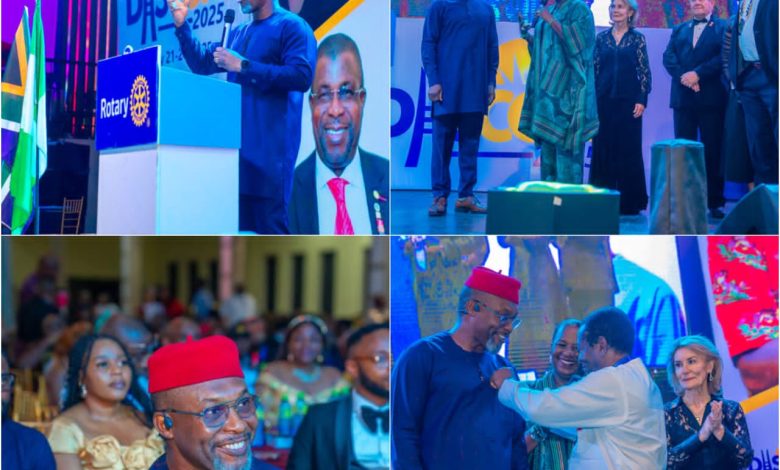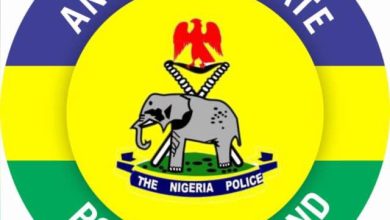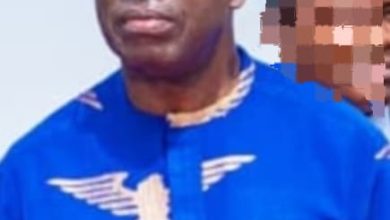
By Our Correspondent
In a moment of profound inspiration, former Minister of Aviation and Chancellor of the Athena Centre, Chief Osita Chidoka, delivered a keynote address that captivated Rotary International District 9142’s “Irresistible DisCon 2025.” Speaking on the theme “You Cannot Give What You Don’t Have: The Imperative of Transformational Leadership in Africa,” Chidoka issued a clarion call for fundamentally reimagining African leadership and governance.
“Across Africa,” he declared, “we suffer not just from poor governance but from a failure of leadership formation. We keep expecting transformational outcomes from individuals shaped by broken systems. But how can they offer equity when they were raised on exclusion? How can they deliver fairness when their rise comes through favours? How can they pursue the public good when loyalty is owed not to the people but to power?”
Tracing Africa’s governance crisis to its colonial roots, Chidoka stated: “We inherited from colonialism the machinery of domination, a state designed to extract, not to serve, and too often, we merely repainted its surface without rebuilding its soul.”
He argued that Africa stands at a crossroads, pursuing development through material symbols – highways, skyscrapers, oil refineries – while neglecting society’s moral and institutional foundations. “We have built states without societies, governments without guardianship, economies without embracing inclusion, and cities without citizens,” he said.
FCC Vision: A Trinity for National Transformation
To respond to this foundational crisis, Chidoka introduced the FCC Vision, a framework built on the trinity of Family, Community, and Country:
• *Family* : The family is “the first institution where power is introduced, values transmitted, and moral compasses set – or shattered. Too many leaders were broken at home before they ever assumed office. If Africa must rise, the family must be restored as a moral leadership school.”
• *Community* : Communities are more than clusters of homes or geographical spaces defined by ethnicity, religion, and patronage. “Communities are where shared values, mutual support, and collective aspirations come to life. They are the bridges between individuals and the broader society. A family forms you. A community tests you. Rotary is a community bound by the shared value of Service Above Self.”
• *Country* : “A country is a geographical idea; a nation is a shared moral contract. Nigeria’s motto, Unity and Faith, Peace and Progress, is hollow without equity, justice, and truth. We must build a nation where justice is predictable, opportunity is earned, and every citizen matters.”
Chidoka emphasised that Family, Community, and Country are not separate ideas. They are a chain of influence: “A strong *family* raises a principled citizen. A strong *community* nurtures and tests that citizen. A just *country* gives them the platform to lead. Transformation does not begin at the top — it begins at the dinner table.”
A Vision That Moved a Movement
Chidoka’s words resonated deeply with the audience of Rotarians from seven states under District 9142. Moved by the strength of his vision and the moral clarity of his message, the entire hall rose in spontaneous ovation. In an unprecedented gesture, they unanimously voted to induct Chief Chidoka as a Rotarian on the spot. This gesture spoke volumes: a recognition that transformational leadership must be applauded, embraced, replicated, and lived.
District Governor, Professor A U Nnonyelu, visibly moved, remarked: “Today, we witnessed the embodiment of our creed – Service Above Self. Osita Chidoka has not only spoken truth to power, but he has also spoken power to service. His induction is not honorary but a historic call to service.”
This spontaneous induction marks Chidoka’s entry into Rotary’s global fellowship of service and signals a watershed moment in Nigeria’s civic dialogue. With the FCC Trinity, Chidoka is emerging as Nigeria’s national ideologue, offering not only constructive critique but an alternative transformative framework for rebuilding Africa’s moral and institutional architecture.
“Rotary succeeds where governments fail,” Chidoka concluded. “Because it is founded on empathy, equity, and shared purpose. Africa, in our families, communities, and countries, must return to those principles.”




